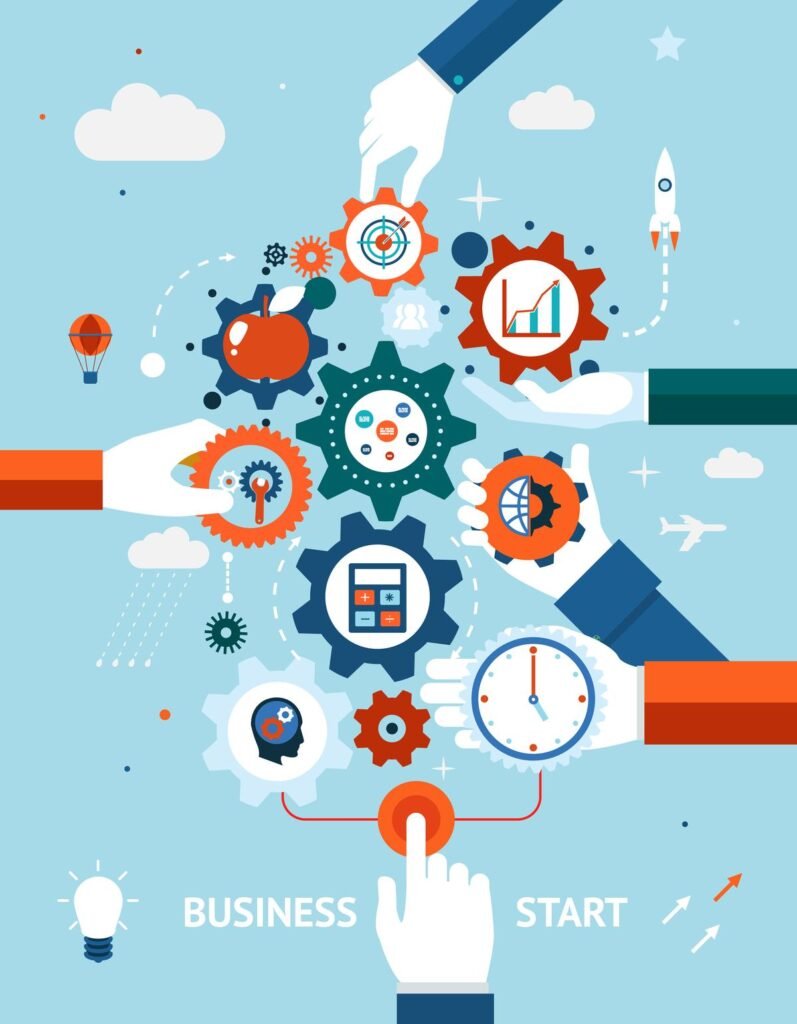IIndia has the third largest startup ecosystem in the world, with growth driven by factors such as favorable government policies, increased funding and a fast-growing talent pool. With the government projecting a 12-15% growth year-on-year, the importance of entrepreneurship in socio-economic development cannot be ignored. As a result, entrepreneurial education is key to fostering the spirit of innovation.
As educational institutions strive to instill an entrepreneurial mindset in their students, a fundamental shift towards learner-centered teaching methods has become imperative. Also, the integration of technology and digital skills into entrepreneurship education has become increasingly important to maintain its relevance and effectiveness.
Theory and Practice
In response to the changing circumstances, educational institutions are realigning their entrepreneurship programs to integrate emerging technologies such as artificial intelligence (AI), blockchain, augmented reality (AR), and machine learning (ML). An essential aspect of this integration is providing practical, hands-on experience through initiatives such as hackathons, incubators, and accelerators. These act as a crucible for students to apply theoretical knowledge to real-world situations and foster important skills such as creativity, collaboration, and critical thinking. Moreover, according to government data, more than 8,800 higher education institutions have established Institutional Innovation Councils (IICs) to promote innovation and entrepreneurship.
The use of AI has emerged as a transformative force in education. AI facilitates personalized learning experiences, providing real-time feedback and adaptive pathways, helping students understand complex concepts at their own pace. At the same time, big data provides insights into learning patterns through comprehensive analytics. Educators can identify at-risk students early and provide timely support, nurturing exceptional talent while creating an inclusive and effective learning environment.
Moreover, online learning platforms and Massive Open Online Courses (MOOCs) are democratizing access to entrepreneurial education, allowing aspiring entrepreneurs to upskill according to their needs. Synergy between academia, industry and government is also an important aspect, with industry-sponsored projects and mentorship programs providing students with valuable input on technology trends.
Initiatives such as Atal Innovation Mission and Startup India are providing critical funding, mentorship and infrastructure to foster an environment conducive to entrepreneurial growth. Nearly 10,000 Atal Tinkering Labs have been established in schools across the country, giving around 2.5 million students hands-on innovation experience.
assignment
Incorporating emerging technologies into entrepreneurship education holds great potential but also comes with myriad challenges, including ensuring inclusivity, bridging the digital divide, and keeping up with rapid technological advancements. Hence, a holistic approach that combines traditional and innovative teaching methods, as well as continuous upgrading of curricula, is essential. Moreover, ensuring equitable access to technology is essential and requires significant investments to prevent educational disparities. Ethical concerns such as data privacy and algorithmic bias also need to be addressed transparently and responsibly as we navigate this uncharted territory.
Integrating emerging technologies into entrepreneurship education represents a paradigm shift in how we develop the next generation of innovators and change-makers and equip students with the skills, knowledge and mindset needed to succeed in the digital economy.
The author is Associate Professor, School of Management, BML Munjal University and CEO, ACIC-BMU Foundation.
This is a premium article available only to our subscribers. To read over 250 premium articles every month,
You’ve reached your limit for free articles. Support quality journalism.
You’ve reached your limit for free articles. Support quality journalism.
You have read {{data.cm.views}} from {{data.cm.maxViews}} Free articles.
This is the last free article.

